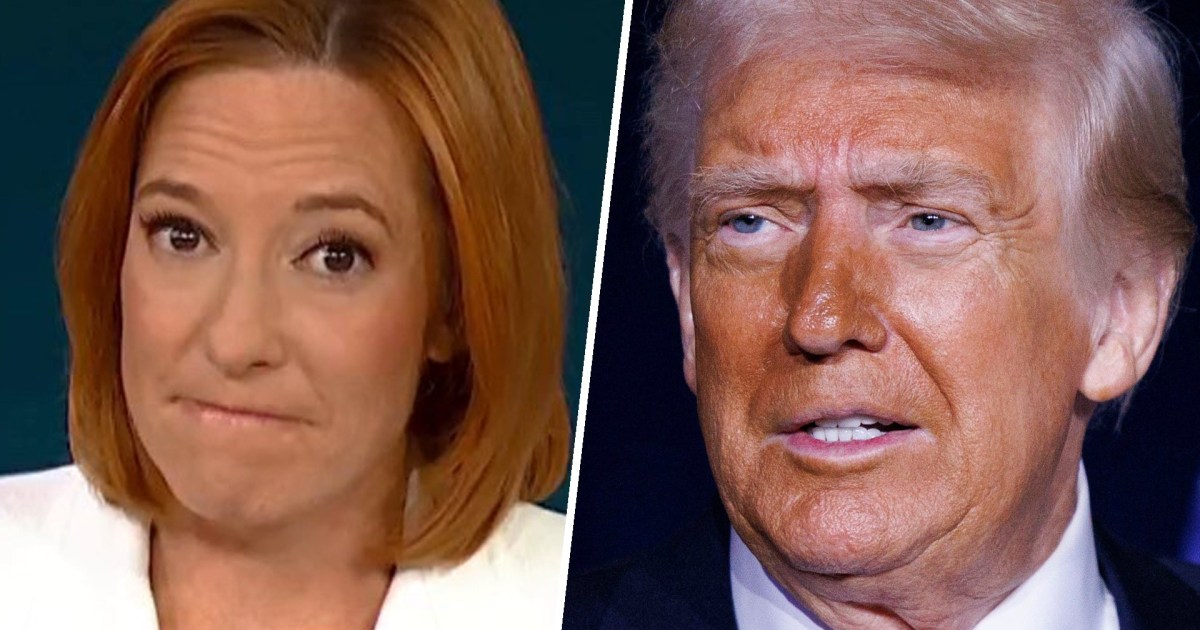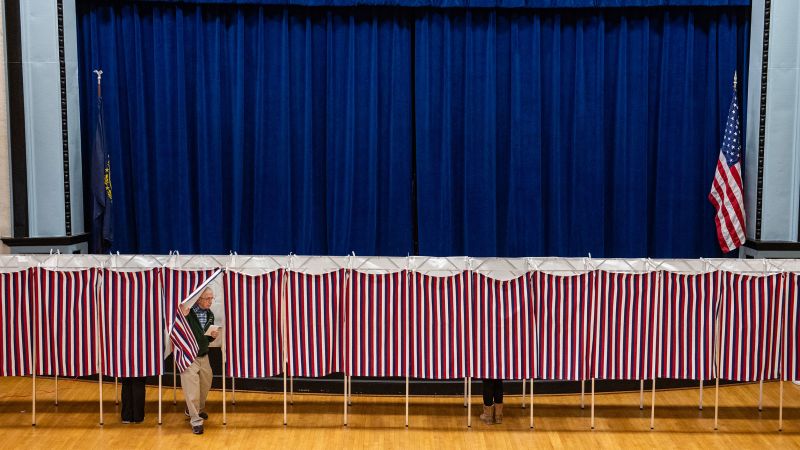As the geopolitical landscape shifts and tensions simmer, recent events have brought to the forefront concerns about the intersection of foreign diplomacy, domestic politics, and the integrity of democratic processes. A seemingly innocuous exchange between President Donald Trump and Ukrainian President Volodymyr Zelensky took a stark turn when Trump mused about the implications of wartime on elections during a high-stakes discussion on handling Russia's invasion of Ukraine. Trump's casual remarks sparked a wave of apprehension among the Democratic ranks, as they fear his potential inclination to disrupt or manipulate the electoral system to perpetuate his hold on power.
While some may dismiss these concerns as alarmist, citing legal constraints and democratic safeguards, the escalating rhetoric from prominent Democrats resonates with a growing unease. Illinois Governor JB Pritzker and California Governor Gavin Newsom, among others, have voiced apprehensions that Trump's recent maneuvers, including deploying troops and accentuating control over voting mechanisms, could be precursors to more extreme actions aimed at subverting the democratic process. Drawing parallels to historical dictatorial regimes, these politicians underscore the gravity of the situation and urge vigilance against potential authoritarian encroachments.
The specter of election interference looms large as Trump embarks on a multifaceted strategy to secure Republican dominance in the upcoming midterm elections. From reshaping congressional districts to targeting voting methods and fundraising mechanisms, Trump's actions transcend routine partisan campaigning, veering into uncharted territory characterized by a brazen exercise of executive power. With a discernible shift towards law and order narratives and a concerted effort to wield influence over critical electoral processes, Trump's approach reflects a calculated bid to cement GOP control amid projections of electoral challenges and discontent.
Critics warn of a dangerous precedent being set, wherein the democratic fabric of the nation is strained by the unchecked exercise of executive authority aimed at electoral manipulation. Amidst a backdrop of discord and polarization, questions about the resilience of democratic institutions and the viability of free and fair elections take center stage. With a divided populace and a contentious political landscape, the stakes have never been higher as the nation grapples with the specter of electoral malfeasance and authoritarian overreach.
As the 2026 elections loom on the horizon, Trump's maneuvers have triggered a broader debate on the fragility of democratic norms and the imperative of safeguarding electoral integrity. Whether rooted in genuine concern or strategic posturing, the warnings emanating from high-profile Democrats and election officials reflect a consensus that the sanctity of the electoral process is under threat. Amid calls for heightened scrutiny and proactive measures to counter potential subversion, the nation braces for a pivotal juncture in its democratic trajectory, where the principles of governance and civic participation hang in the balance.
In a charged political climate marked by heightened rhetoric and escalating tensions, the fate of American democracy hangs in the balance, as competing visions of governance and power vie for ascendancy. As the nation grapples with a tumultuous present and an uncertain future, the echoes of history reverberate in the corridors of power, reminding us of the fragility of democratic ideals and the imperative of vigilant stewardship. In the crucible of democracy, where the will of the people meets the machinations of power, the path forward remains uncertain, fraught with challenges and opportunities for renewal or reckoning.


